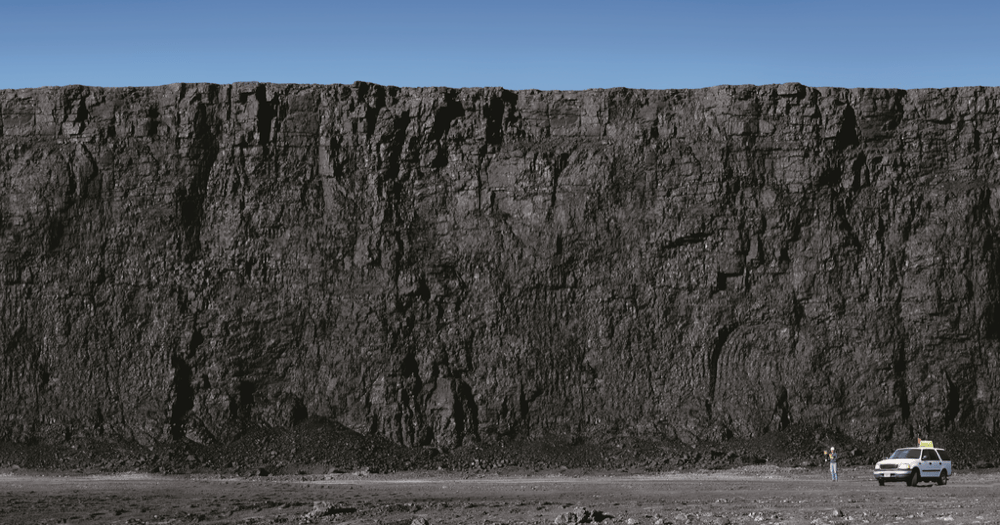By Matthew Brown, Associated Press
BILLINGS, Mont. (AP) — U.S. officials said Wednesday that a yearlong review shows coal sales from public lands need to be modernized to deal with climate change and give taxpayers a fair return, but it's uncertain whether the incoming Trump administration will follow through.
The Interior Department imposed a moratorium on new coal sales last year following longstanding complaints from federal investigators and members of Congress that the program was shortchanging taxpayers.
In a preliminary report released Wednesday as part of a broad review of U.S. coal sales, Interior officials said they were considering raising coal royalty rates and requiring compensation from mining companies to offset the climate change effects of burning the fuel.
Publicly owned coal accounts for 10 percent of total U.S. greenhouse-gas emissions.
It is being bought by mining companies sometimes for less than a dollar per ton — a fraction of the cost of coal from private reserves, outgoing Interior Secretary Sally Jewell said.
"Increased emissions of carbon into our atmosphere are having a profound impact and if we don't get on this, future generations will pay a heavy price," Jewell said during an appearance at Columbia University. .
Most federal coal comes from six states — Wyoming, Montana, Colorado, Utah, North Dakota and Oklahoma. Production has fallen sharply in recent years as coal companies have struggled to compete with cheap natural gas.
President-elect Donald Trump has promised to rescind the sales moratorium. He's described it as part of a broader effort by the administration of President Barack Obama to kill the coal industry.
But Jewell said even after the Obama administration is gone, the public will demand that the government deal with subsidized fossil fuels that contribute to climate change.
She also suggested the report's findings could be used in lawsuits, presumably from environmentalists, that could be filed to challenge any end to reform effort she began.
The Trump transition team did not immediately respond emailed messages seeking comment. Trump's Interior appointee, Rep. Ryan Zinke, is from Montana, which holds some of the world's largest untapped coal reserves.
Montana U.S. Sen. Steve Daines dismissed the Interior report as "laughable" and predicted the moratorium would be overturned.













